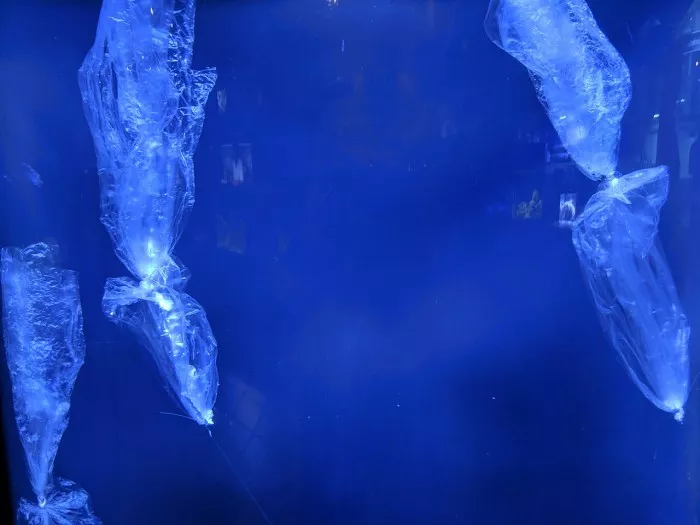Many environmentalists point out that plastic pollution in the ocean is a huge and growing problem. They point out that the "Great Pacific Garbage belt" and even high latitudes cannot escape the global threat of plastic pollution. Another serious, though seemingly unrelated, problem is the global health threat from antibiotic resistant bacteria. These irrelevant issues have come together in the new research, scientists have found that marine plastic pollution may be the source of new antibiotics and may have an effect on effective antibiotic resistant bacterial strains**

According to a new student led study conducted in cooperation with the Scripps Institute of Oceanography, plastic pollution in the sea may be a source of new antibiotics. The study will be presented at the American Society of Microbiology conference in Washington, D.C., from June 9 to 13, 2022.
Scientists estimate that 5million to 13million tons of plastic pollution enter the ocean every year. From large floating objects to micro plastics, microorganisms can form the entire ecosystem on them. Plastic debris is rich in biomass, so it can be a good candidate for the production of antibiotics, which often occur in a highly competitive natural environment.
In order to explore the potential of plastic circles as a new source of antibiotics, researchers modified the citizen science method of tiny earth (developed by Dr. Jo Handelsman) to marine conditions. Researchers incubated high-density and low-density polyethylene plastic (a common type in grocery bags) in water near Scripps Wharf in La Jolla, California, for 90 days.
Researchers isolated five antibiotic producing bacteria from marine plastics, including Bacillus, dark brown bacillus and Vibrio. They tested these bacterial isolates against various Gram-positive and negative targets and found that these isolates were effective against commonly used bacteria and two antibiotic resistant strains.
"Considering the current antibiotic crisis and the rise of superbacteria, it is very important to find alternative sources of new antibiotics," said Andrea price of National University, the lead author of the study. "We hope to expand this project and further characterize microorganisms and the antibiotics they produce."
This program is part of the stem education program funded by the National Science Foundation of the United States.